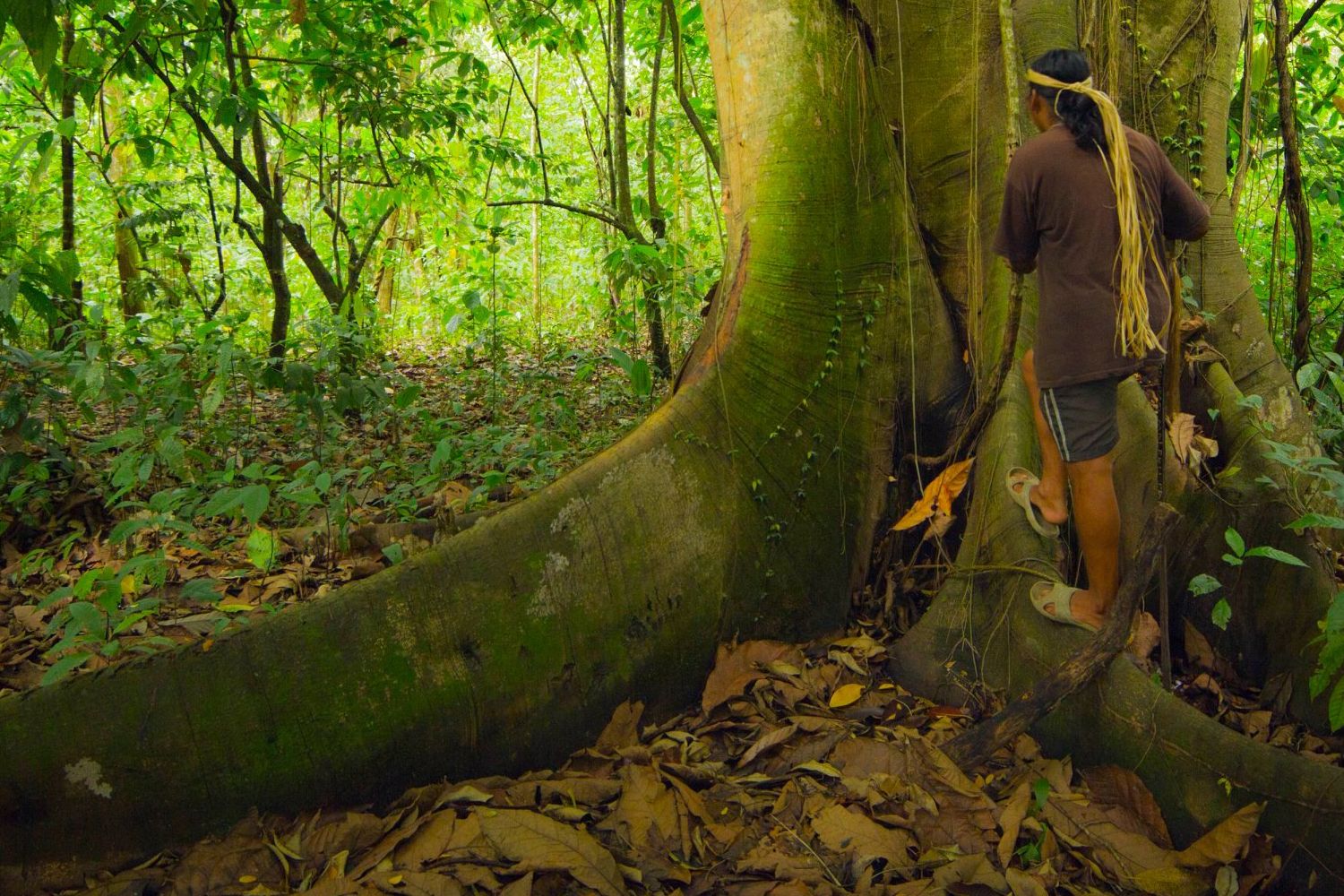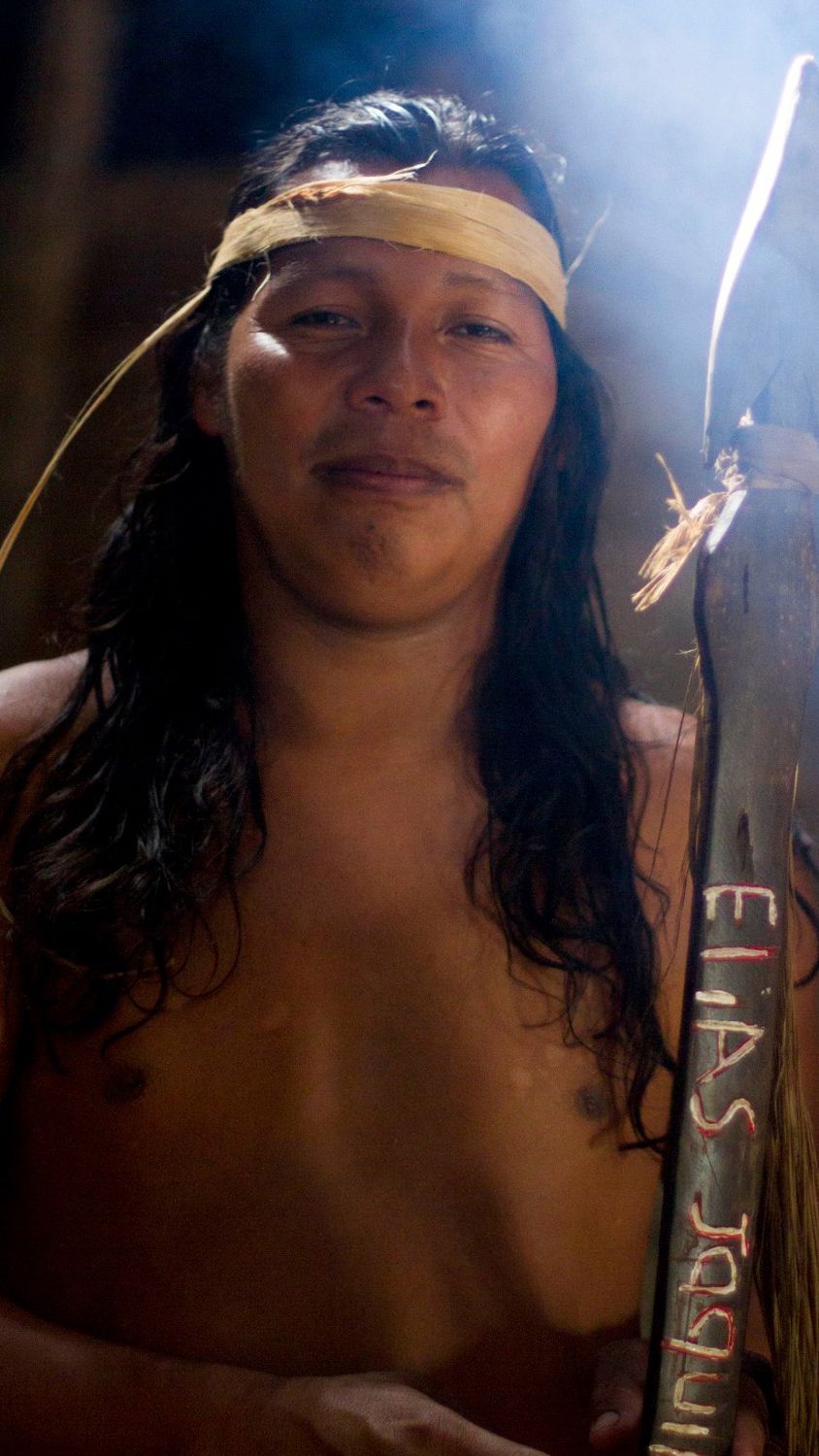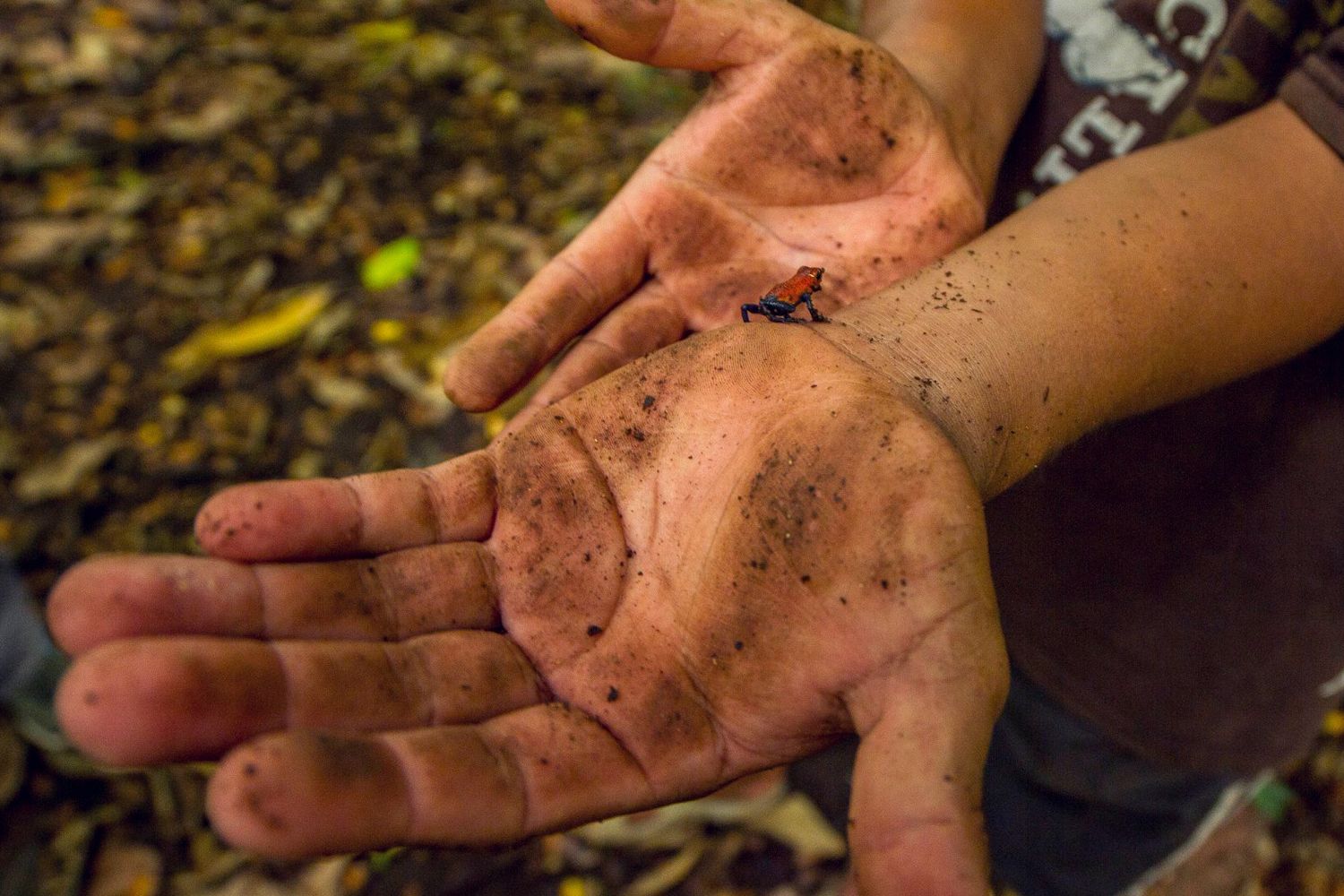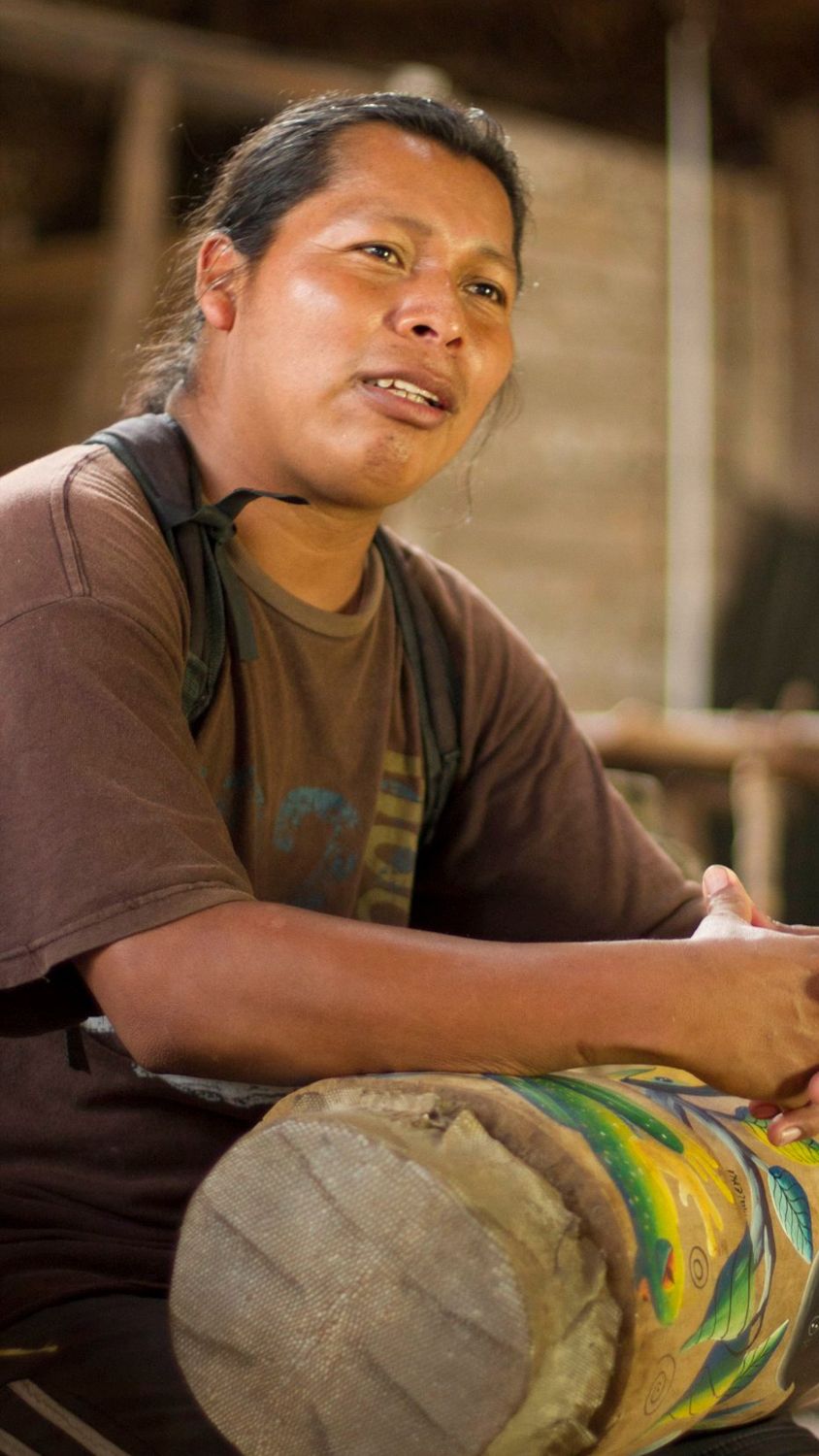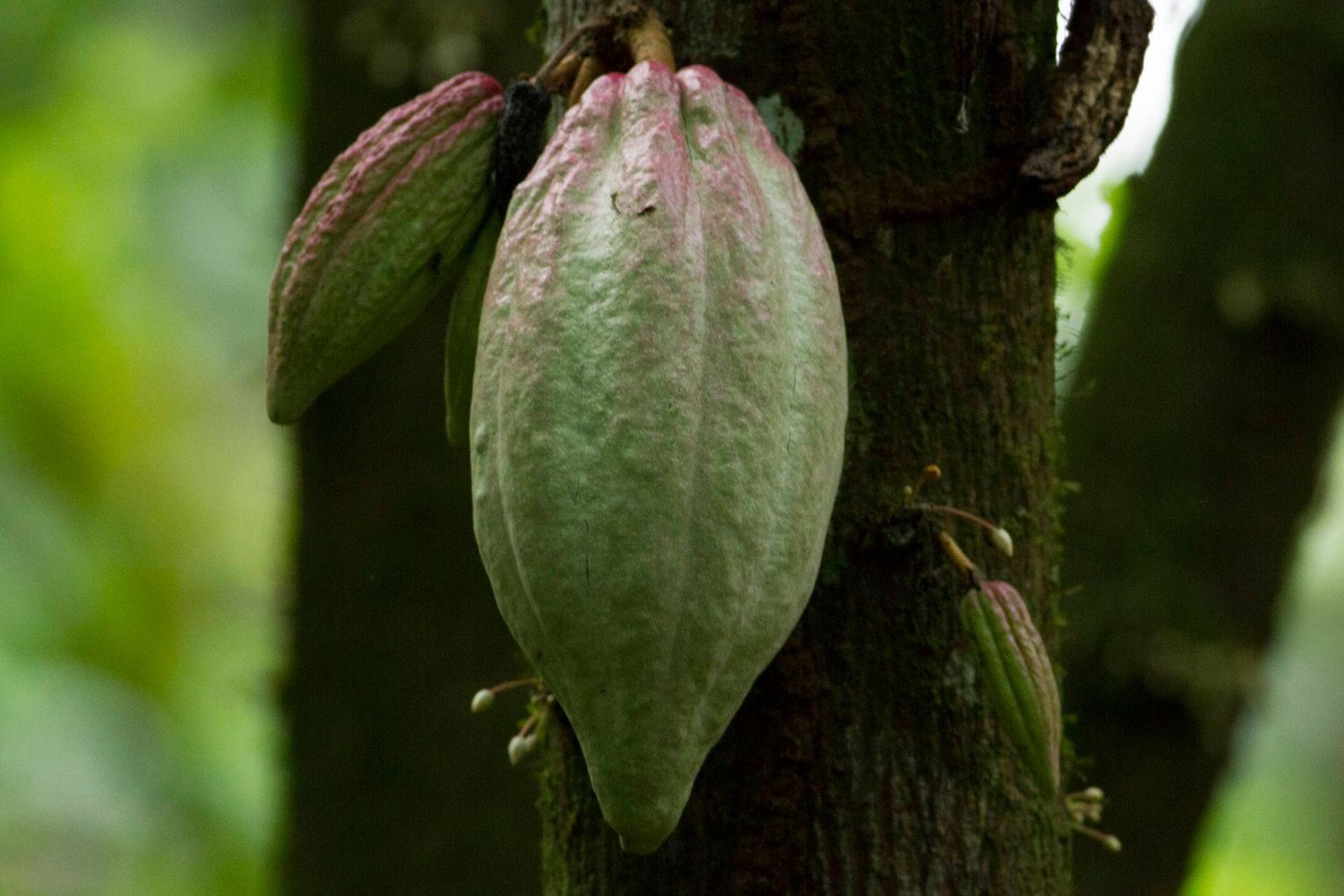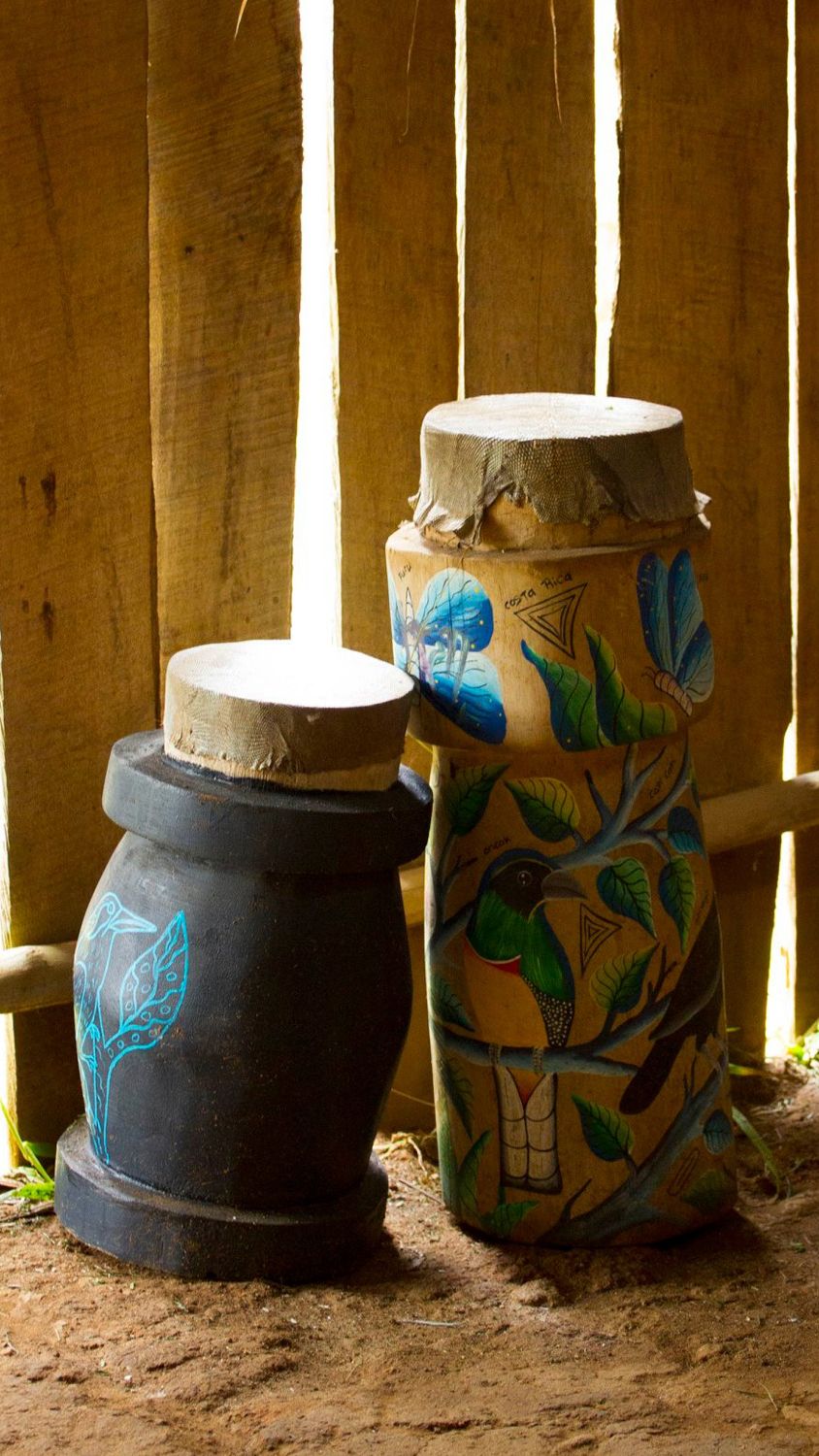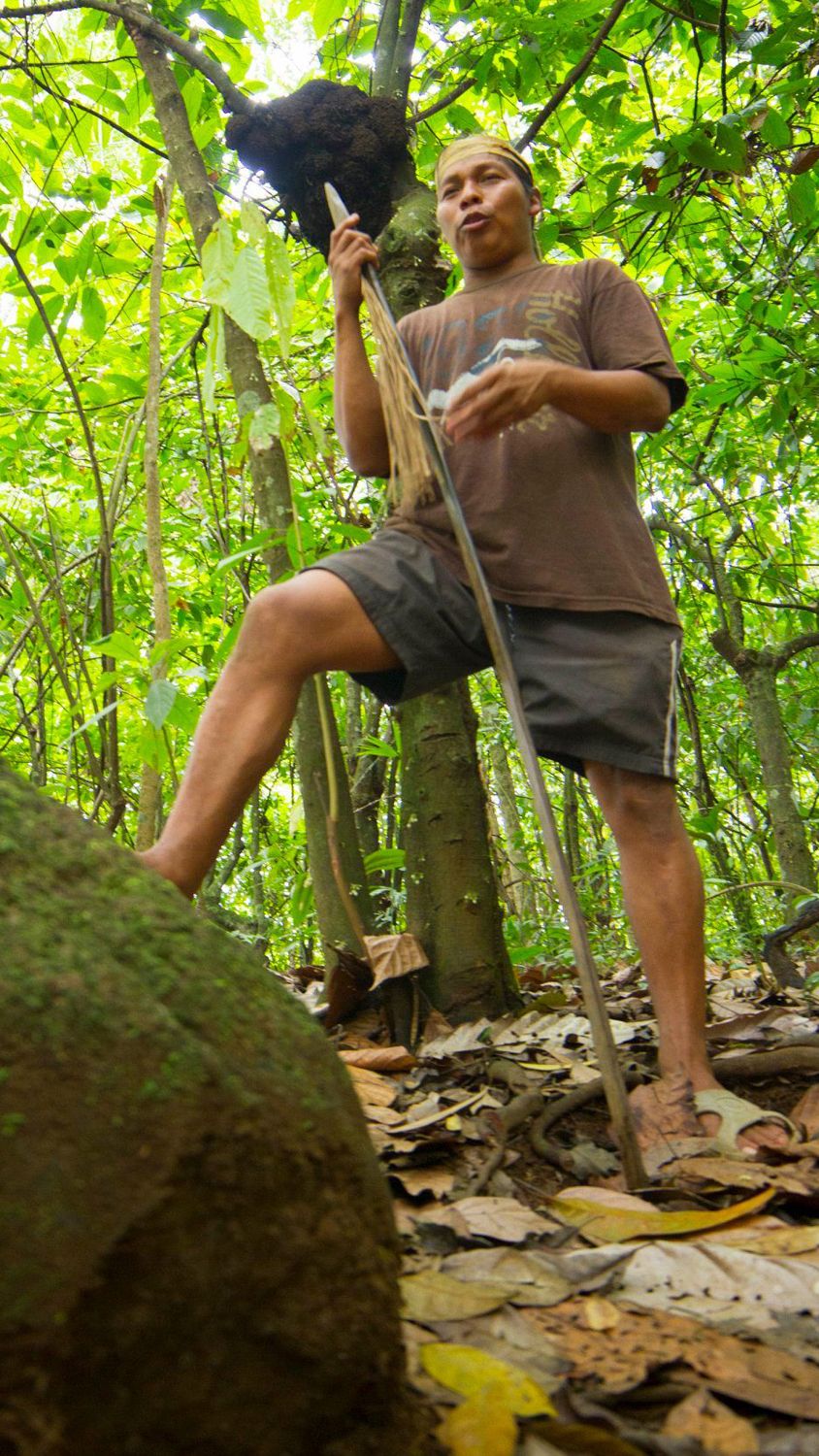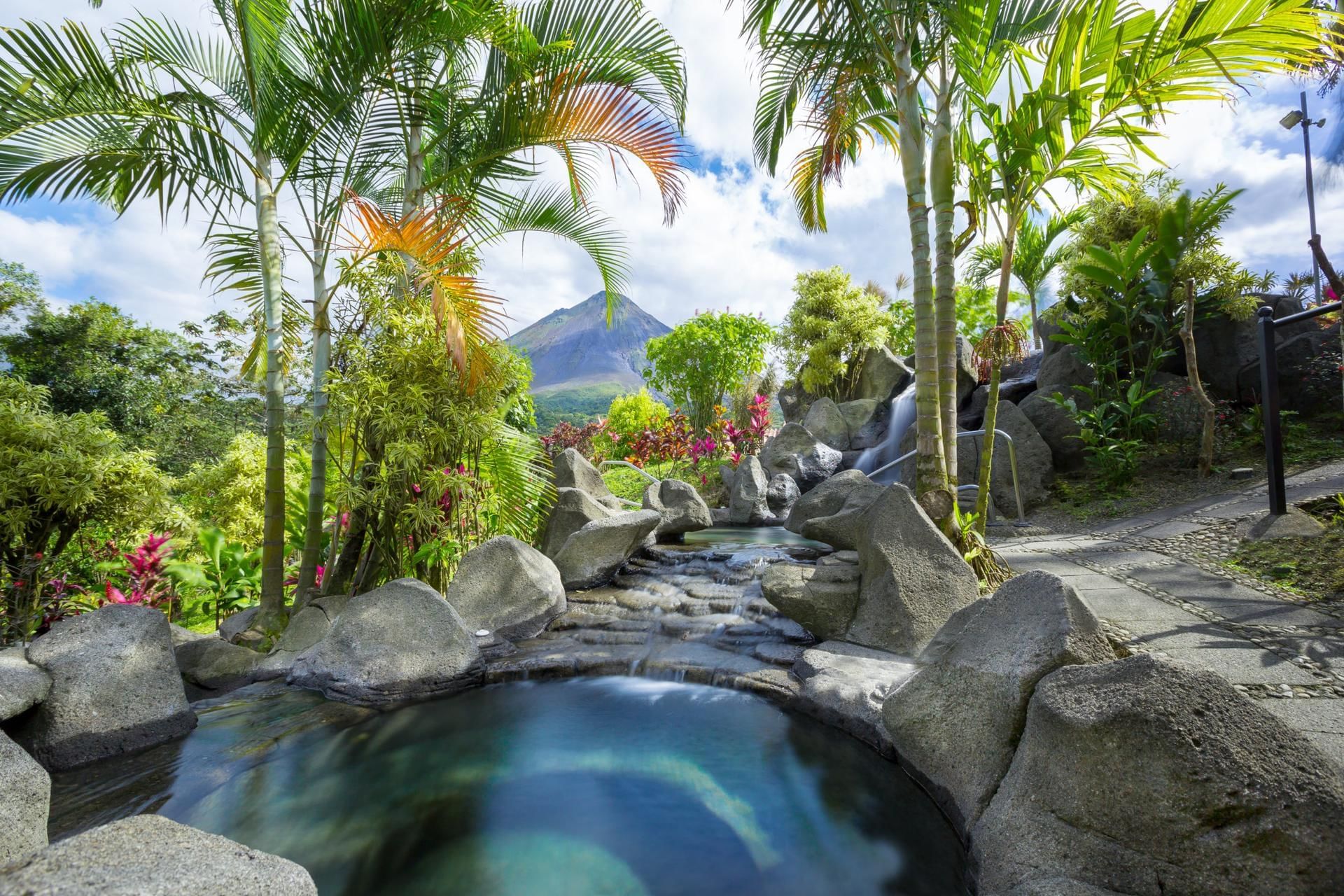Experience Indigenous Costa Rica
The Maleku Indigenous Reserve offers one of Costa Rica’s most meaningful cultural experiences. Located about an hour north of La Fortuna in the Arenal region, the reserve spans nearly 7,400 acres and is home to three villages, or palenques, named Tonjibe, Margarita, and El Sol. Around 600 Maleku people live here today, preserving their language, Maleku Jaica, and traditions despite centuries of challenges. A visit to the reserve provides a rare opportunity to learn about their history, customs, and daily life while supporting efforts to protect their cultural identity.
What to Expect
The experience usually begins with the drive to Tonjibe Palenque. Visitors are welcomed into the community and introduced to Maleku history through presentations and conversations with local guides. A guided walk through the village reveals traditional homes, ceremonial spaces, and the rhythms of daily life. Along the way, guests learn about ancestral practices such as burial customs and agricultural systems, as well as the modern realities of how the Maleku continue to maintain their heritage.
A highlight of the tour is the walk into the nearby forest. Here, guides share their deep knowledge of medicinal plants and the healing properties passed down through generations. You will see how certain leaves, roots, and barks are prepared for traditional remedies, and gain insight into the Maleku’s close connection to the land that sustains them. Cocoa, once central to both their diet and rituals, is explained as part of their agricultural heritage.
A Cultural Experience
The Maleku also invite visitors to participate in cultural activities that bring their traditions to life. You can try archery, learn basic phrases of Maleku Jaica, or take part in crafting demonstrations such as weaving, pottery, and woodworking. Performances of music and dance are often included, offering an energetic expression of community life and identity. Handcrafted items are typically available for purchase, with proceeds directly supporting the families who make them and helping fund cultural preservation.
After exploring the reserve, the visit concludes with a traditional Maleku-style lunch. Dishes feature Costa Rican staples with indigenous influences, such as mafuriseka, fish wrapped in banana leaves and steamed to retain its flavor. Meals are prepared with local ingredients, giving guests a final connection to the land and people before returning to La Fortuna.
This tour is well-suited for anyone with an interest in cultural heritage. More than just sightseeing, it is an educational and intimate encounter with one of Costa Rica’s smallest indigenous groups. The Maleku Reserve tour allows travelers to connect directly with the community, learn from their traditions, and gain an appreciation for their resilience. For many visitors, it is one of the most authentic and memorable experiences of their time in Costa Rica.
FAQs about the Maleku Indigenous Reserve Tour
Common questions about this activity:
Who are the Maleku people?
The Maleku are one of Costa Rica’s indigenous groups, with a population of around 600 people. They live in three villages within the reserve and speak their own language, Maleku Jaica.
What makes this tour different from other cultural experiences?
This is not a staged performance for tourists but an encounter with a living community. Visitors are welcomed into their villages, shown real traditions, and encouraged to participate in cultural activities.
What kinds of activities are included?
The tour may include archery, craft demonstrations, music, dance, and forest walks to learn about medicinal plants. Guests are also invited to try Maleku food and hear their language spoken.
What do the Maleku people traditionally do when someone passes away?
Traditionally, the Maleku buried family members on their own property, and in some cases even within their homes.
How many Costa Ricans today are of indigenous descent?
Some 2.4 percent of the population identifies as indigenous, with the Maleku being one of the smallest groups.


